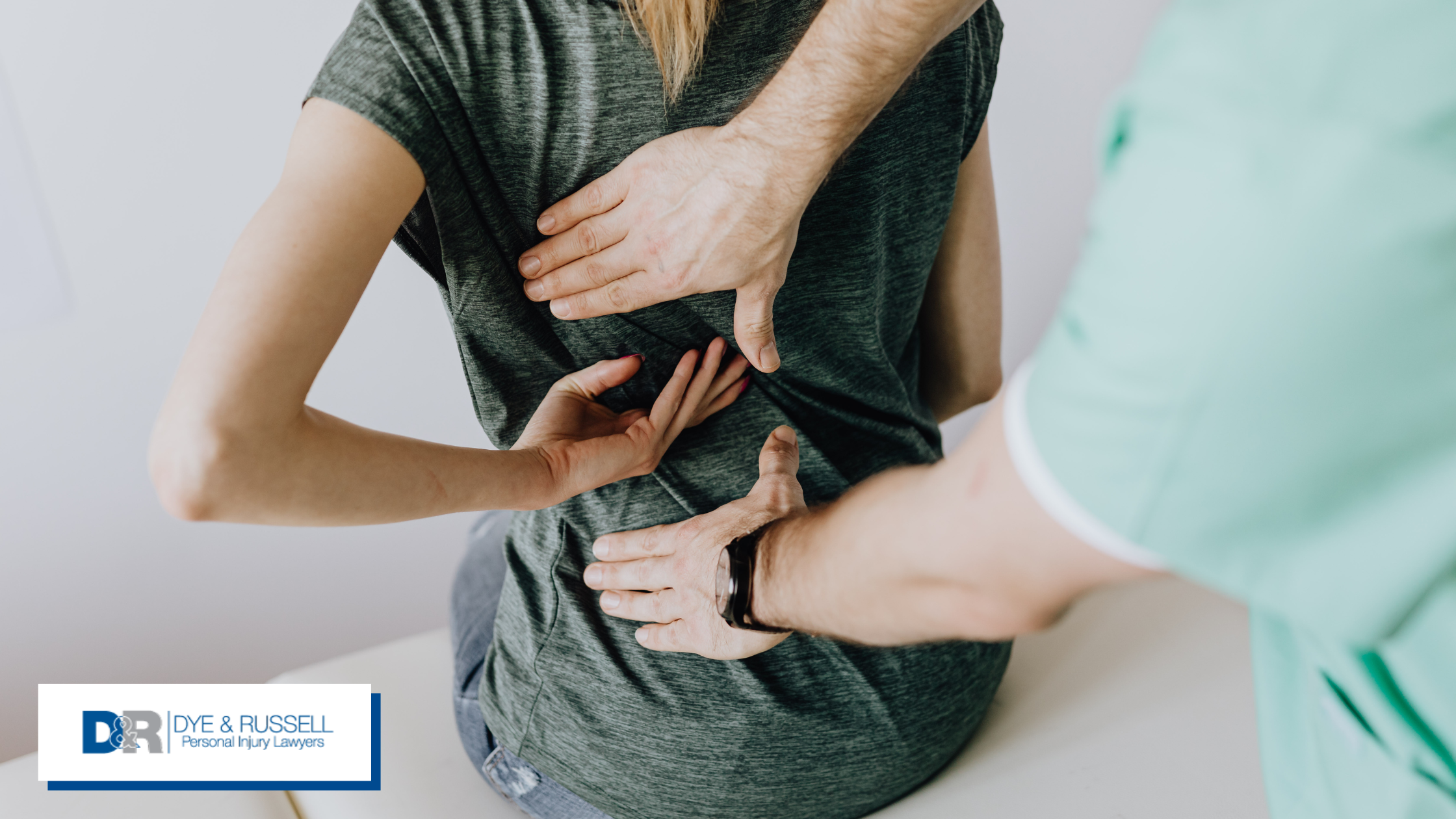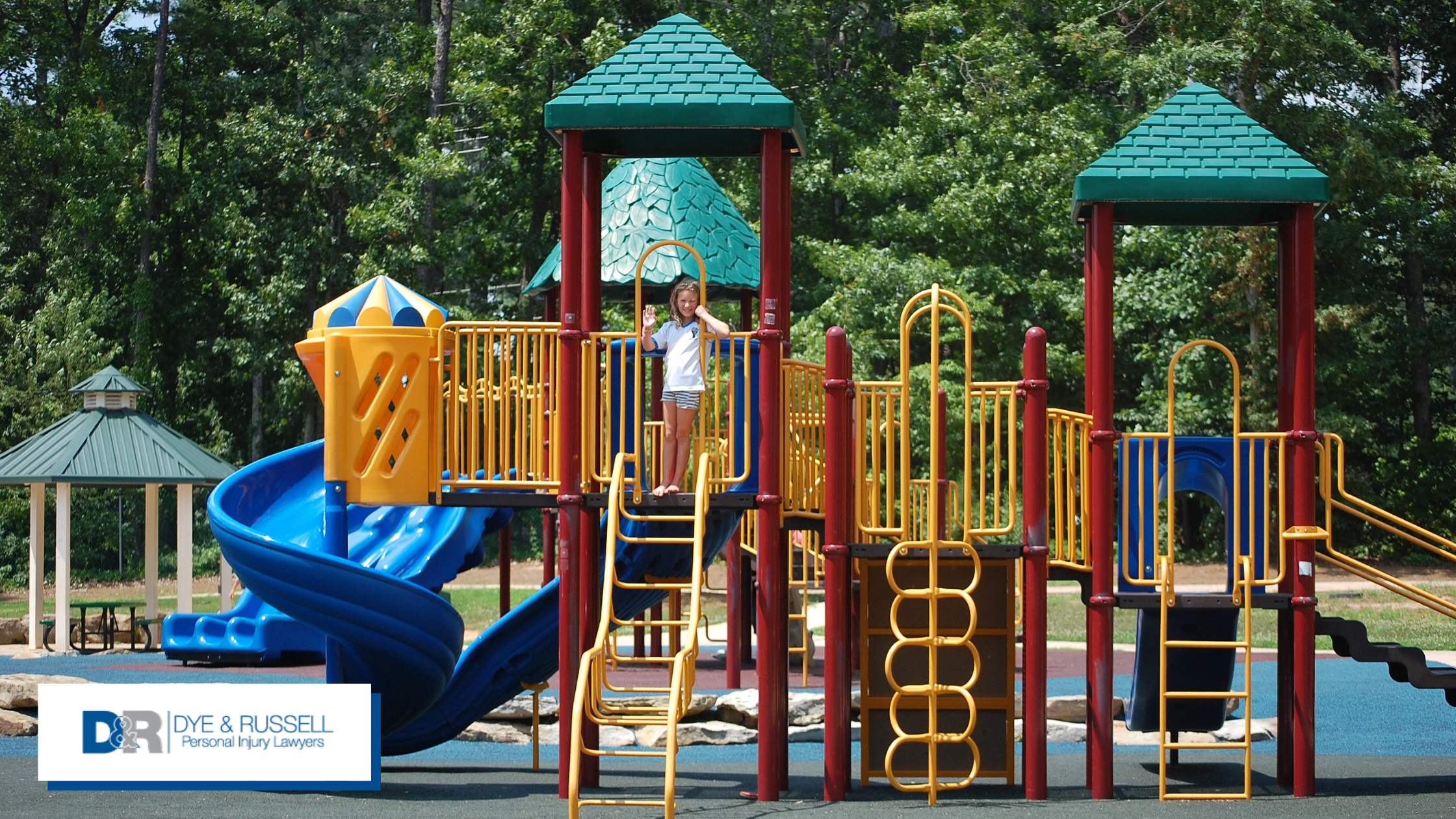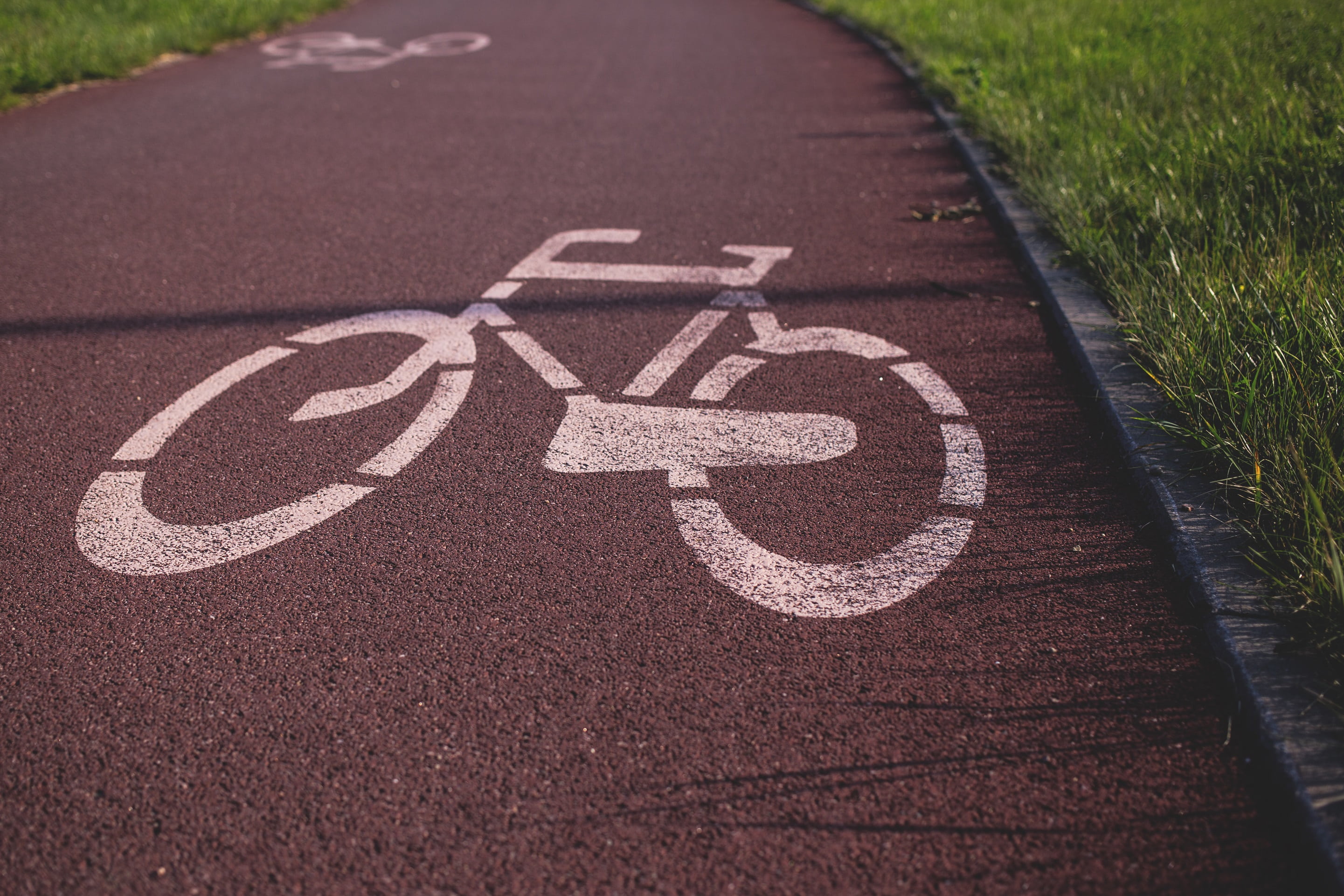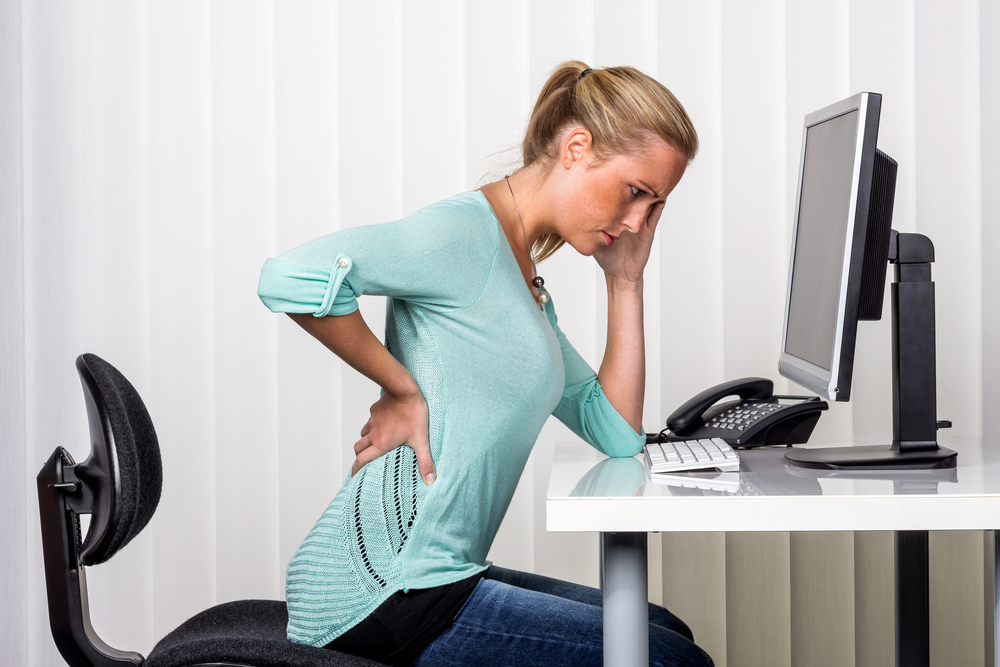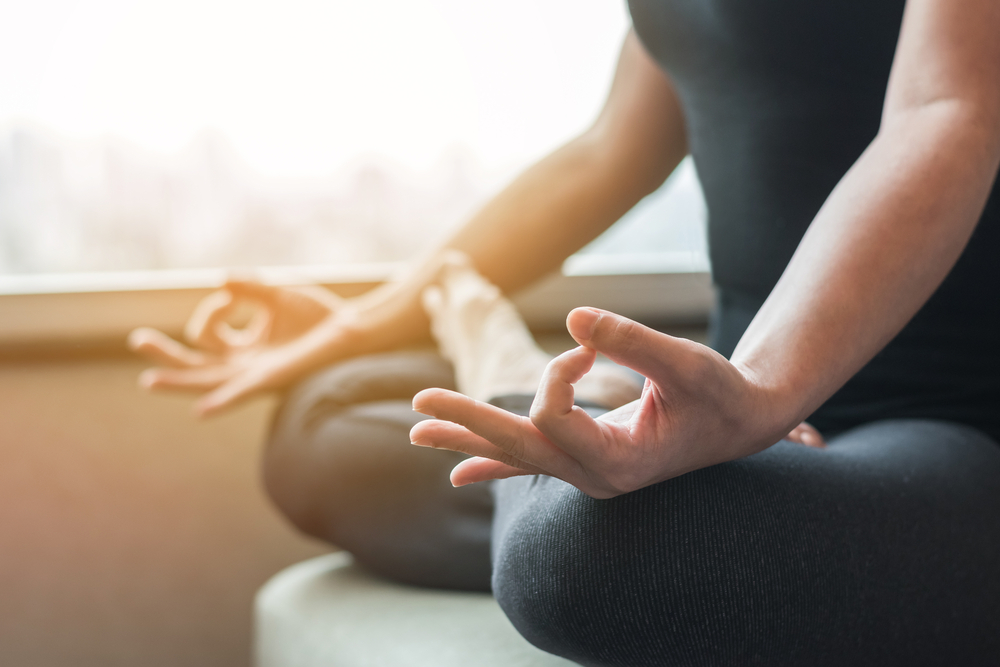Now that the warm weather is here, there are so many outdoor activities to try like ATV riding. ATVs and other off-road vehicles (ORVs) can be a lot of fun, but there are rules to follow to ensure safe driving. ATVs do not have the same amount of safety features that other vehicles have so it is important to be aware of this.
ATVs, much like other motor vehicles, present their own set of risks. Driving an ATV is a very different experience than driving a car so it is imperative that you have the right experience for this type of vehicle. Depending on the type of ATV you have, some ATVs can reach highway speeds. However, ATVs are not built with the same safety features as cars and other motor vehicles like seat belts, crumple zones and airbags. All of these risks should be considered before you begin riding your ATV.
5 Safety Tips for ATVs and RVs
- Follow local laws for ATVs or Off-Road Vehicles
Before you hit the road, it is important that you understand your province’s ATV or Off-Road Vehicle laws. It will cover everything you need to know including where you can ride and tips on how to ride safely.
- Your ATV is not a toy
ATVs can be a lot of fun, but it is crucial to take the necessary precautions to prevent any potential injuries. ATV/ORV safety should be taken seriously to prevent any potential accidents.
- Safety gear is important
One of the best ways to stay safe while riding an ATV is wearing the right safety equipment. Some of this safety gear includes helmets, goggles, long shirts and pants, and boots. Wearing the right safety gear will help to protect you if you get into an accident.
- Maintain your ATV on a regular basis
There is nothing more important than staying on top of your ATV maintenance. Regularly maintaining your ATV is crucial in preventing breakdowns and avoiding potential accidents.
- Steps to Take After an ATV Accident
If you have been in a collision or car accident, the steps you take afterwards are critical. Getting in touch with a personal injury lawyer that specializes in ATV accidents will help you determine if you are entitled to receive compensation for your injuries.
Practicing ATV safety is essential to ensure a fun and enjoyable riding experience. By following these ATV safety tips, including wearing appropriate protective gear, maintaining the ATV properly, and avoiding dangerous riding behaviors, riders can significantly reduce the risk of accidents and injuries. It is crucial to always prioritize safety while riding an ATV to prevent potential harm to oneself and others.
To learn more about ATV safety tips, contact Dye & Russell. Whether you have questions about slip and falls, car accidents or trauma, we can answer any questions or concerns you may have about staying safe on the road.




